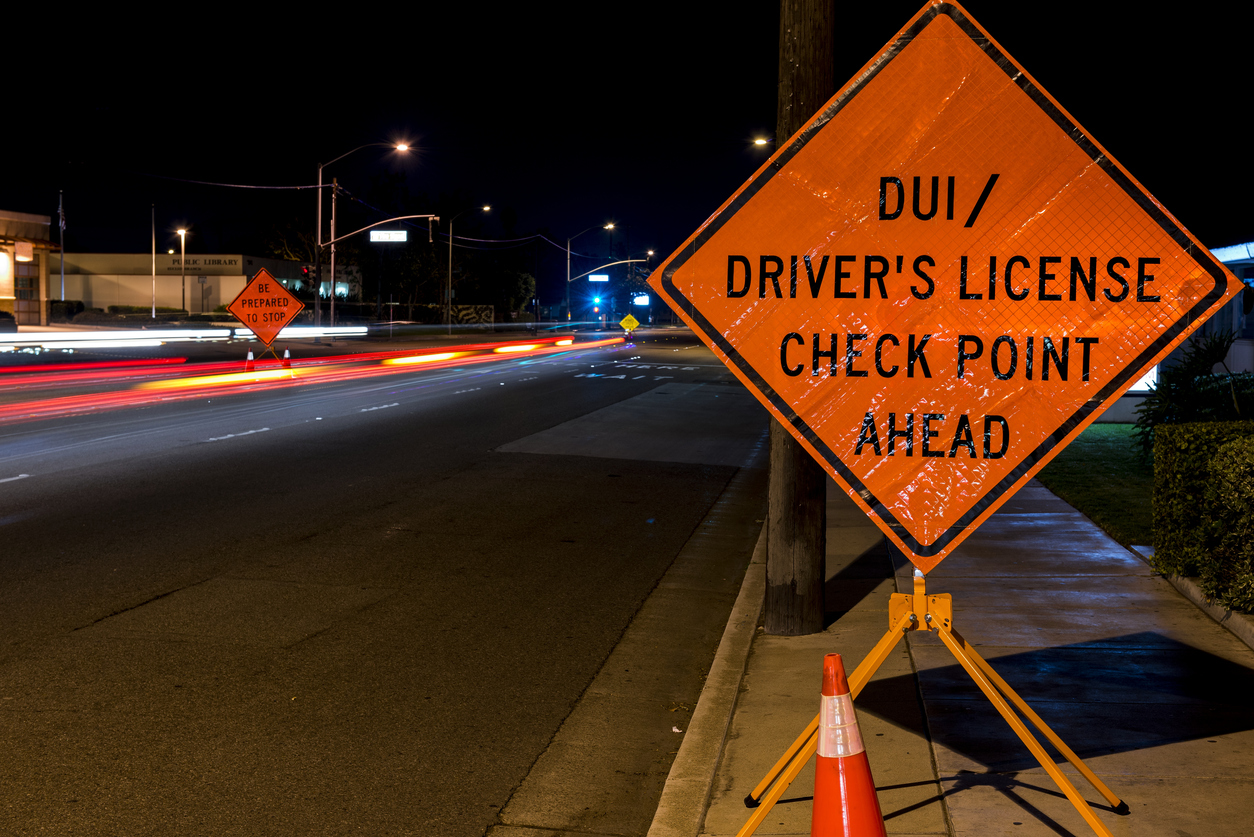
If you’ve ever heard terms like DUI, DWI, or DWAI used to describe drunk or drugged driving charges, you might wonder what the difference is and whether one is more serious than the others. These acronyms are often used interchangeably but refer to different offenses depending on the state.
In Washington, DUI is the most common term. But if you’re in another state, DWI and DWAI may come up, too. Understanding the distinction matters, especially if you’ve been charged with an offense or injured by someone under the influence.
What Does DUI Mean?
DUI stands for Driving Under the Influence. This charge is most often used when someone is caught driving with a blood alcohol concentration (BAC) of 0.08% or higher, or while under the influence of drugs or alcohol that impair their ability to drive safely.
Washington law recognizes DUI as a criminal offense, and penalties include:
- Jail time
- Fines and court costs
- Driver’s license suspension
- Ignition interlock device installation
- Alcohol education or treatment programs
In many states, DUI is the default term for drunk or drugged driving, even when BAC is just at or above the legal limit.
What Is DWI?
DWI stands for Driving While Intoxicated or Driving While Impaired, depending on the jurisdiction. In some states (like Texas), it’s treated as a more serious offense than DUI, while in others (like New York), DUI and DWI may be used interchangeably or ranked differently.
In New York, for example, DWI typically refers to driving with a BAC of 0.08% or higher. It can also apply if drugs (legal or illegal) impair your ability to drive.
A DWI conviction in New York can result in:
- Up to 1 year in jail
- Fines up to $1,000 (for a first offense)
- Driver’s license revocation
- Mandatory alcohol screening or programs
These penalties can be more severe if you have prior convictions or if aggravating factors are present, such as causing injury or driving with a minor in the vehicle.
What Is DWAI?
DWAI stands for Driving While Ability Impaired and is most commonly used in New York. This charge is typically less severe than DWI but still carries legal consequences.
There are two types of DWAI charges:
- DWAI-Alcohol: When BAC is between 0.05% and 0.07%
- DWAI-Drugs: When impairment is caused by drugs, even if BAC is low
Penalties for a DWAI conviction may include:
- Fines ranging from $300 to $500
- Up to 15 days in jail
- License suspension for 90 days
DWAI offenses are treated as infractions or misdemeanors for first-time offenders, but repeat offenses can result in felony charges.
Which Is Worse: DUI, DWI, or DWAI?
It depends on the state; however, in Washington:
- DUI is the primary charge for impaired driving and can carry significant criminal penalties.
- DWI and DWAI are not separate legal categories under state law.
In New York and other states, however:
- DWI is generally considered more serious than DUI or DWAI.
- DWAI is the least serious, but it still carries fines, potential jail time, and license suspension.
The severity of each category depends entirely on where the offense occurred.
Do These Charges Affect Personal Injury Claims?
Yes. If you were injured in a crash caused by a drunk or drugged driver, the type of charge they face may impact your civil case.
- A DUI, DWI, or DWAI charge helps establish negligence per se, making it easier to prove fault in a personal injury claim.
- If the at-fault driver is convicted of impaired driving, their liability insurer may be more likely to settle quickly.
- In some cases, punitive damages may be awarded if the driver acted with extreme recklessness.
A DWAI charge still strengthens your injury claim even if the driver’s BAC was below 0.08%.
Is a DUI a Felony?
In Washington State, most DUI charges begin as misdemeanors. However, certain circumstances can elevate a DUI to a felony.
A DUI may become a felony if:
- The driver has four or more prior DUI-related convictions within the past ten years.
- The DUI results in serious bodily injury or death.
- The driver has a prior felony DUI, vehicular assault, or vehicular homicide conviction.
Felony DUI charges come with much harsher consequences than misdemeanors, including lengthy prison sentences, larger fines, and longer driver’s license suspensions.
What Happens if You Refuse a Breathalyzer?
Refusing a breath test may result in immediate administrative penalties, even if you’re later acquitted of a DUI or DWI.
These penalties vary by state but may include:
- Automatic driver’s license suspension (often 1 year)
- Fines and reinstatement fees
- In some states, refusal can be used as evidence of guilt at trial
Washington is an implied consent state. If you drive on public roads, you agree to BAC testing by law. Refusal can hurt both your criminal defense and any future insurance claims.
Can a DUI or DWI Be Expunged?
In some states, you can have a DUI or DWI expunged (removed from your record) after a waiting period if:
- It was a first offense
- You completed all court-ordered requirements
- You’ve had no further legal issues
Washington does not allow DUI convictions to be expunged, although they may be vacated in some circumstances. This distinction affects employment, housing, and future legal exposure.
Contact the Seattle DUI Accident Lawyers at Darrell Cochran Personal Injury Lawyer for Help Today
If you were injured by a drunk or drugged driver in Seattle, understanding the difference between DUI, DWI, and DWAI helps clarify your legal options. The team at Darrell Cochran Personal Injury Lawyer is here to help you file a personal injury claim, investigate the at-fault driver’s charges, and fight for your recovery.
Contact us today for a free consultation with a Seattle DUI accident attorney.
For more information, contact an experienced DUI accident lawyer at Darrell Cochran Personal Injury Lawyer to schedule a free initial consultation. We have convenient locations in Seattle and Tacoma, Washington.
Darrell Cochran Personal Injury Lawyer – Seattle
701 5th Ave Suite 4300A, Seattle, WA 98104
(253) 948-0250
Darrell Cochran Personal Injury Lawyer – Tacoma
909 A St Ste 700, Tacoma, WA 98402
(253) 264-0225
